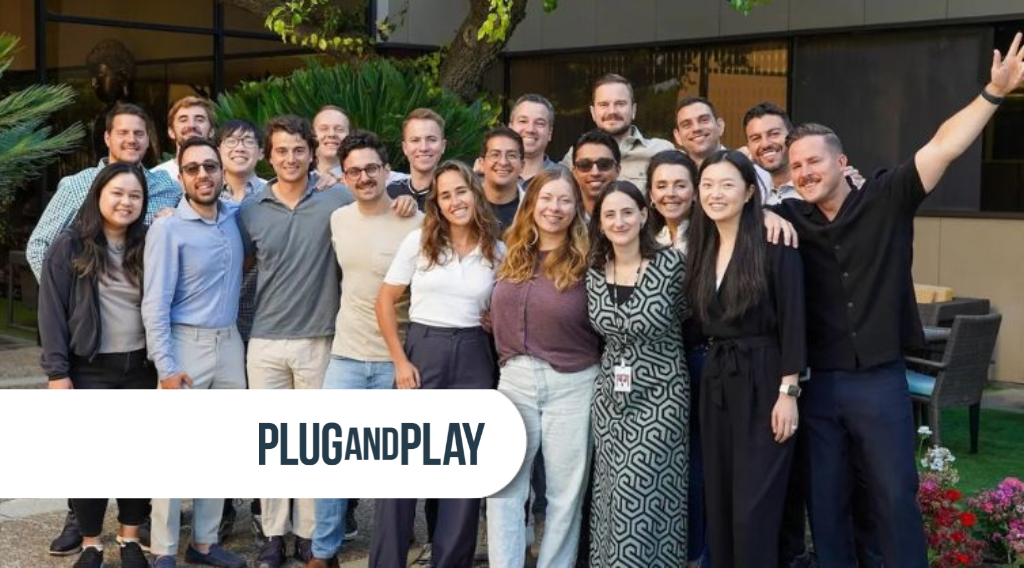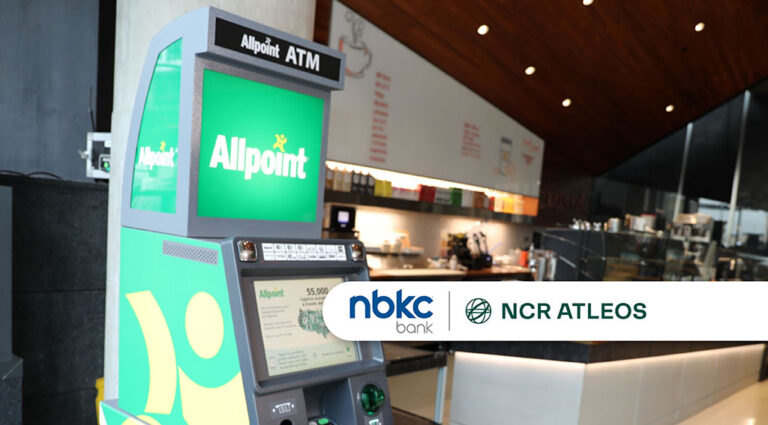
Similar Posts

nbkc Bank Enhances Customer Experience by Joining Atleos’ Allpoint Network
NCR Atleos Corporation has partnered with nbkc bank, which has assets of $1.1 billion, to enhance banking accessibility through the Allpoint Network. This collaboration will provide nbkc customers with surcharge-free access to over 55,000 ATMs and cash deposit capabilities at more than 3,000 locations nationwide. Melissa Eggleston, nbkc’s Chief Deposit and Operations Officer, highlighted the initiative’s goal to improve customer experiences through technology. Steven Nogalo, General Manager of North America for Atleos, noted that the partnership expands financial access and efficiency for customers. This move reflects a trend towards more convenient, technology-driven banking solutions.

Navigating KYC Compliance and Risk in 2025: A Strategic Guide for Banks
In 2025, financial institutions will prioritize Know Your Customer (KYC) solutions to enhance anti-money laundering (AML) efforts amid stricter regulations and evolving customer expectations. The shift towards decentralized identity (DCI) and perpetual KYC (pKYC) is revolutionizing compliance strategies, enabling real-time verification and seamless onboarding. RelyComply’s platform supports customer due diligence (CDD) and enhanced due diligence (EDD) through automated risk assessments and suspicious activity detection. The integration of AI enhances compliance frameworks by streamlining processes and addressing emerging threats. As banks adapt, they must choose between all-in-one or specialized KYC solutions to optimize risk management and compliance.

Singapore Strengthens Equities Market: Exciting New Tax Incentives and Regulatory Reforms Unveiled
Singapore is enhancing its equities market with a series of initiatives announced by the Equities Market Review Group, as detailed in the Prime Minister’s 2025 Budget speech. Key measures include the S$5 billion Equity Market Development Programme (EQDP) to boost trading liquidity and attract fund managers, supported by tax exemptions on qualifying income. Additional incentives include a 20% corporate tax rebate for new listings and streamlined listing processes. Adjustments to the Global Investor Programme aim to encourage capital inflows, while the Research Development Grant Scheme focuses on mid- and small-cap enterprises. These efforts aim to strengthen Singapore’s position as a global financial hub.

Kota Secures $14.5 Million to Expand API-Driven Employee Benefits Across Europe
Kota, an innovative Irish InsurTech firm, has raised $14.5 million in Series A funding, totaling $22.9 million. This round, led by Eurazeo and supported by notable investors like EQT Ventures and Northzone, aims to modernize employee benefits through its insurance platform and API. Founded in 2023, Kota enhances the management of pensions and health coverage, offering seamless integrations and improved visibility for HR teams. With plans to expand its team and partnerships across Europe, Kota has already aided numerous SMEs. CEO Luke Mackey emphasizes the need for modern, engaging employee benefits to meet today’s workforce expectations.

Russia Urges SCO Nations to Unite on Sustainable Finance Standards for Global Impact
Russia has proposed the establishment of unified standards for sustainable financing within the Shanghai Cooperation Organisation (SCO) to improve regional investment and assess Environmental, Social, and Governance (ESG) risks. Announced by Nikita Kondratyev during a meeting in Tianjin, the initiative aims to attract capital for sustainable projects by creating a tailored financial architecture for SCO countries. Key objectives include enhancing the investment climate, aligning sustainability metrics, and reducing investment fragmentation. The proposal encourages sharing best practices and adapting ESG tools to local markets, emphasizing the need for coordinated action among emerging economies to support economic growth and resilience.

Transforming European Banking: The Impact of SEPA and Faster Payments on the Future of Finance
The Single Euro Payments Area (SEPA) is revolutionizing bank transfers in the Eurozone, covering 38 countries and simplifying cashless transactions to enhance economic integration. A Moody’s report highlights SEPA’s role in boosting trade through standardized processes. The advent of faster payments allows near-instant transfers, offering benefits like enhanced speed, lower fees, and reduced errors compared to traditional systems like CHAPS. By January 2025, EU payment service providers must process instant payments 24/7. Future regulations will include payee verification and fee standardization. AI and machine learning will be crucial for compliance as financial leaders adapt to these changes for improved operational efficiency.
